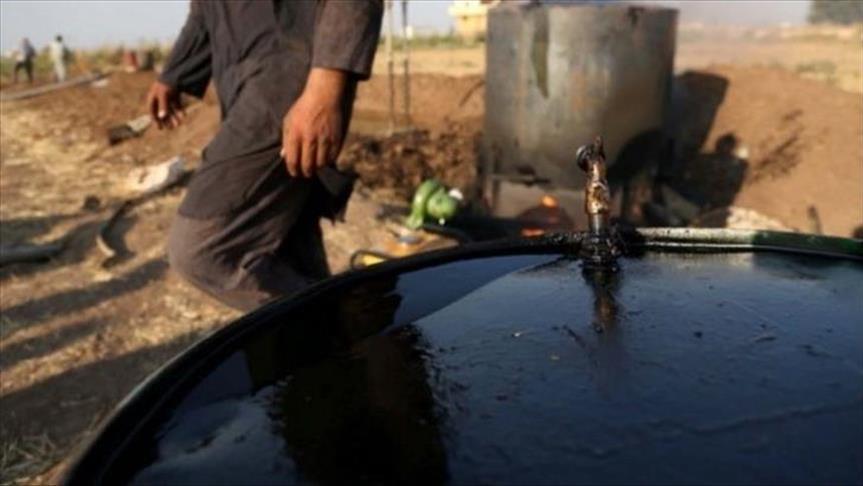The Organization of Petroleum Exporting Countries (OPEC) and its allies are expected to extend their production cut agreement for an additional month, experts told Anadolu Agency on Saturday.
Saudi Arabia-led OPEC and Russia-spearheaded non-OPEC had agreed on April 12 to cut their total crude production by 9.7 million barrels per day (bpd) from May 1 to June 30 to mitigate coronavirus-related low global oil demand and oversupply.
The 23-nation group known as OPEC+ is set to meet later on Saturday when it is widely expected that they will extend this agreement until the end of July, but the main issue of the meeting is expected to be the compliance to quotas.
Extending the current deal for an additional month could give room for some members to adhere to their respective quotas, according to Samuel Burman, an assistant commodities economist at London-based Capital Economics.
'Ahead of the meeting, members have complained that a few countries, notably Iraq and Nigeria, are not fully complying with quotas. With this in mind, we suspect that Saudi Arabia and Russia will initially agree to roll over the deeper cuts for just one month to give the overproducers time to move closer to quota,' he said.
Norway-based Rystad Energy’s Head of Oil Markets Bjornar Tonhaugen said Iraq has struggled to fully comply with its target of curbing its individual oil production by 1.06 million bpd but instead has lowered its output by only 400,000 bpd in May 2020.
'We are still skeptical that Iraq will be able to deliver the 1 million bpd cuts in full, and for now see an additional cut of 100,000-200,000 bpd in July as more likely,' he said.
- Risk of market deficit
Due to Coronavirus-related weak global oil demand and the increased supply glut around the world, crude stocks have been on the rise mainly during the first half of the year.
'Global oil stocks have surged owing primarily to extremely weak demand,' Burman said.
'Oil demand is still very weak ... We expect demand to revive later in the year and tip the market into a small deficit, but clearly, there is significant uncertainty about the pace and scale of any recovery in demand,' he added.
Burman said he estimates global oil consumption will fall by around 85 million bpd in the second quarter of 2020, down from around 100 million for the same period of 2019.
Tonhaugen, on the other hand, warned that the global oil market could be in a deficit from August 2020 onwards if the demand recovery 'stays intact.'
'The producers are not just interested only at reactivating production, they have a stock build that they want to trim as well. The deficit will help reduce that burden and bring back healthier price levels sooner than it was maybe thought,' he explained.
As for prices, Burman does not expect a significant price reaction if OPEC+ rolls over its current output quotas since he says this is 'largely factored into the market.'
'If it doesn’t, prices could fall. However, this would probably be a temporary blip as we still expect demand to revive and stocks to start to fall by the end of this year,' he added.
By Ovunc Kutlu
Anadolu Agency
energy@aa.com.tr


